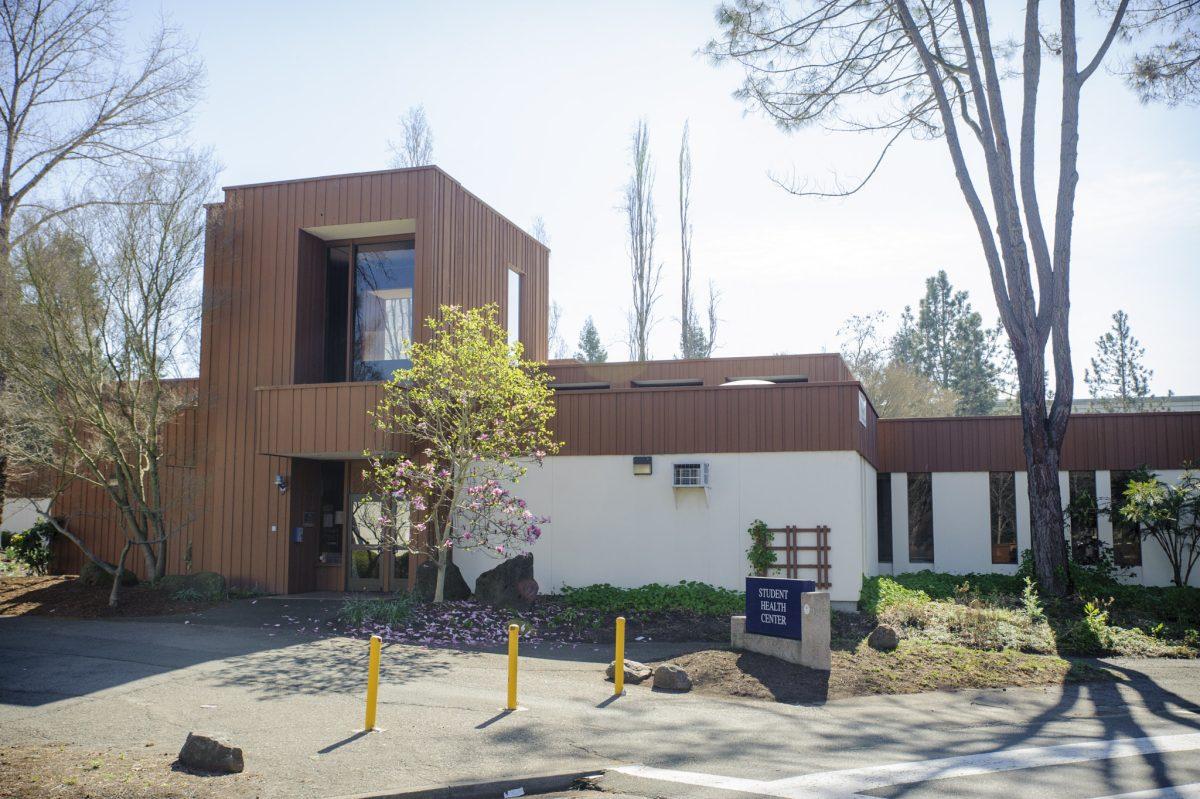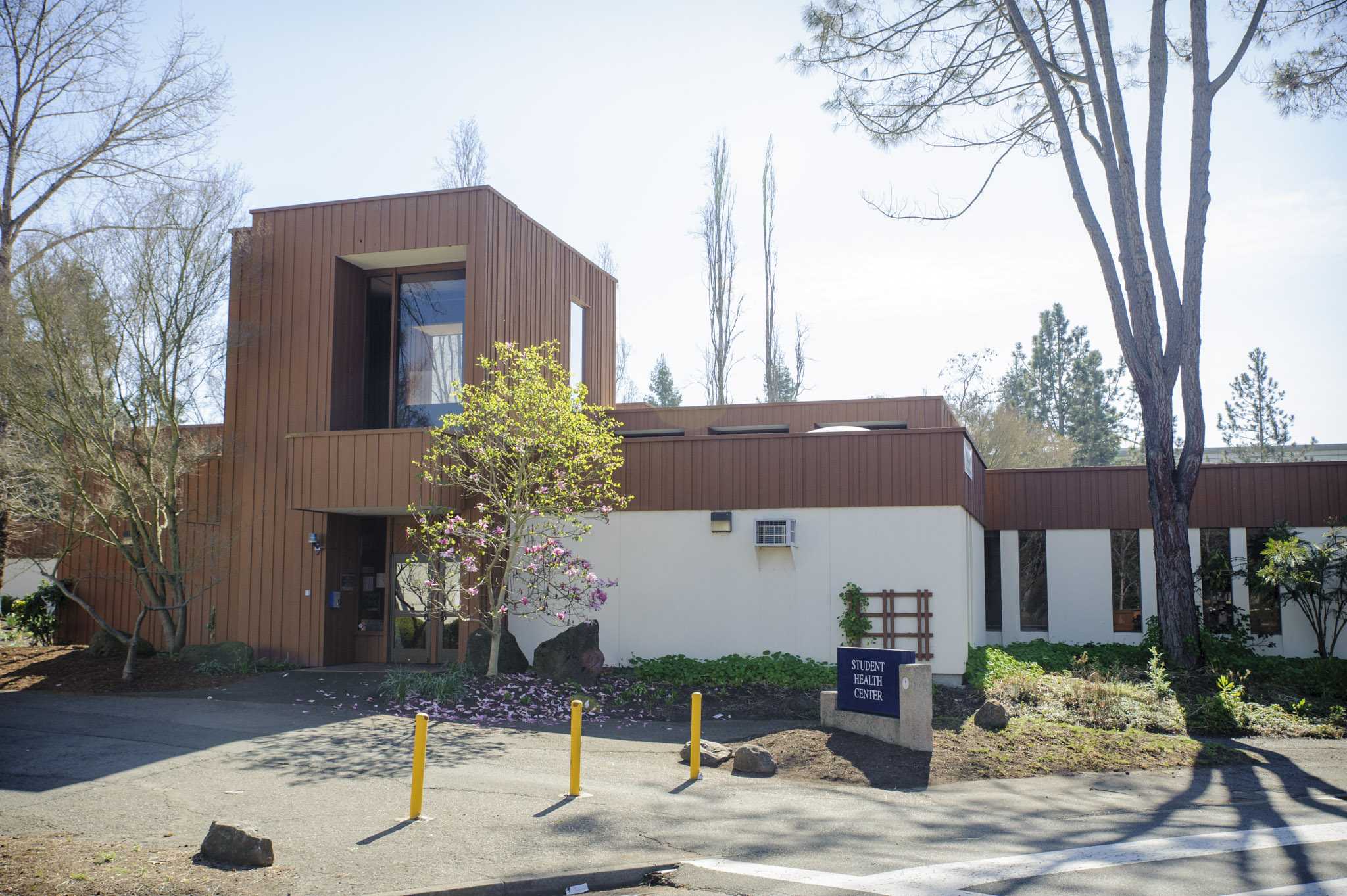Sonoma State University students beware; Sonoma County has seen a large increase in the number of sexually transmitted infections reported. From 2008 to 2016, the number of reported gonorrhea cases in Sonoma County jumped from 69 to 554; chlamydia rose from 910 to 1,893; and syphilis went from a low of four to 63. According to the Center for Disease Control, people between the ages of 15-24 are 50 percent more likely to contract an STI.
Sonoma County’s deputy health officer, Dr. Karen Holbrook, says the rise in STIs is a nationwide trend.
“Sonoma County is not alone in seeing these trends and it’s consistent with what is going on across the nation,” Holbrook said. “However, our rate is lower than the overall California STI rate.”
There are many reasons as to what is causing this eight-year climb. Some physicians believe it may have to do with the variety of popular dating apps like Tinder and Bumble. These apps have made casual sex much more obtainable for young people.
Halbrook provided a variety of reasons that could account for the skyrocketing numbers. These reasons include improved technology in diagnostic testing, improved reporting among medical professionals, changes in sexual behaviors, less condom use due to improved treatment of STDs like HIV, increased sexual partners and reduced barriers to healthcare access allowing people to seek treatment for STIs.
There are many different ways in which students can keep themselves safe from STIs and steps they can take if they think they might have an STI, says Dr. Holbrook. The number one way to not contract an STI is to not engage in having sex at all. According to Dr. Holbrook, it is important to practice safe sex whether you are in a committed relationship or having sex with multiple partners. There are other factors besides using a condom that go into practicing safe sex.
According to Holbrook, having good communication and feeling comfortable about having conversations with your partner about sex also play a role in practicing safe sex. Before sex, do not be afraid to ask your partner questions about their STI status, if they are having sex with other people on a regular occasion or if they are using drugs that involve needles. It is important to feel empowered when having these conversations because it is human nature to engage in sexual behaviors.
Even if students are not showing symptoms of an STI, Holbrook urges the importance of being tested on a regular basis if students are having sex with multiple partners, because people could have STIs that go unnoticed due to some not showing common symptoms. This can result in the transmitting of the infection to other partners and other possible long-term side effects.
If students think they may have an STI, there are a variety of resources on and off campus that students can seek out to get tested and learn more information. There is no free testing on campus, but the Sonoma State Health Center includes multiple STI tests. The tests range in prices between $18 and $50.
If students want to learn more, they can attend a Student Health Center Advisory Committee meeting from noon to 12:50 p.m. on Oct. 5 in the Health Center. Any student is welcome to come and ask questions. If students would like to schedule a free appointment with the on-campus Health Center they can call 707-664-2921.
If students want to seek help off-campus, free STI testing is available at Planned Parenthood in Santa Rosa. Planned Parenthood offers free clinics for Sonoma State students who can reach them at 707-527-7656 for appointments and questions. They are the only free clinic available in Sonoma County.




































